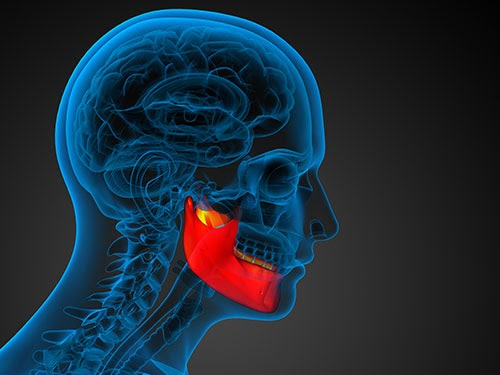

At Prosthodontic Associates, we understand the debilitating impact of temporomandibular joint disorders (TMD) on your oral health and overall well-being. Our experienced team of professionals are dedicated to providing comprehensive care, ranging from accurate diagnosis to personalized treatment plans tailored to alleviate TMD symptoms.
TMD, or temporomandibular joint disorder, encompasses a range of ailments associated with the small temporomandibular joint (TMJ), connecting the jaw to the skull. While the exact cause of TMD remains elusive, factors such as teeth grinding, clenching, surgery side effects, and arthritis have been linked to its development.
Recognizing the signs of TMD is crucial for timely intervention. Typical symptoms include pain and inflammation in the jaw joint and surrounding tissues, ear pain, jaw locking, facial pain, limited mouth opening, headaches, discomfort in the bite, and neck, shoulder, and back pain. Swelling on the side of the face may also be present.
Prosthodontic Associates offers a range of treatment options to address TMD and enhance patient comfort. While minor cases may resolve on their own or with over-the-counter pain relievers, persistent or severe TMD pain requires professional attention. Our team collaborates with patients to customize treatment plans, employing strategies such as custom-fitted mouth devices to correct biting issues, particularly during sleep.
While there is no cure for TMD through medication alone, pain relievers and anti-inflammatory medications may be prescribed to alleviate symptoms. Our experienced clinicians carefully evaluate each case, recommending medications as part of a comprehensive approach to managing TMD-related discomfort.
In certain cases, oral surgery may be considered as a viable option for TMD management. Surgical procedures aim to manipulate and cleanse the joint, promoting smoother movement and reducing associated tooth pain and swelling. Our team discusses surgical options with patients, ensuring informed decisions and optimal outcomes.
At Prosthodontic Associates, we prioritize compassionate care and lasting relief for individuals grappling with TMD. Our commitment to accurate diagnosis, personalized treatment, and patient education empowers individuals to regain control over their oral health and overall well-being.
If you are experiencing persistent TMD symptoms or seek expert guidance on jaw-related concerns, schedule a consultation with Prosthodontic Associates. Our team is dedicated to providing comprehensive, patient-centered care to enhance your quality of life.
Reclaim Comfort. Rediscover Wellness. Trust Prosthodontic Associates.